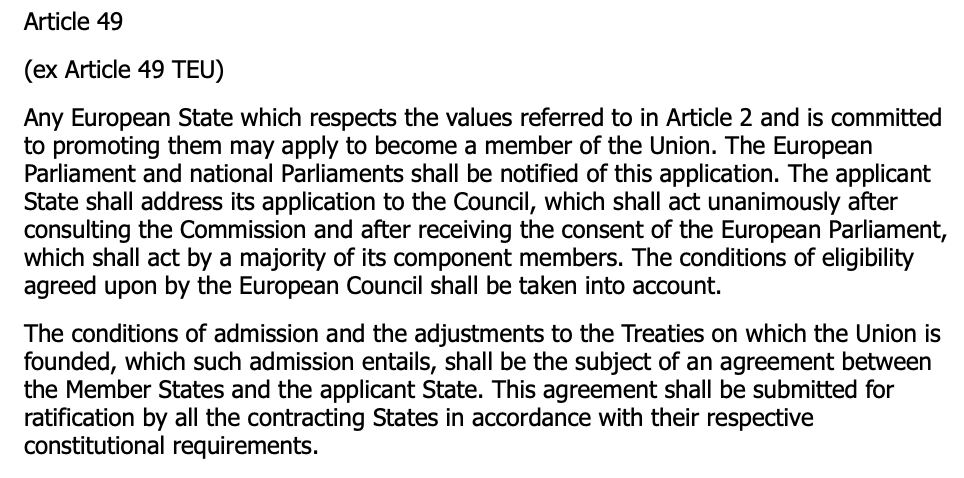
As @AndrewSparrow at the @guardian points out, Johnson led Vote Leave and then wrote the following in the Telegraph after the referendum result. Line by line analysis of the key part?: /1 theguardian.com/p/fptqf/stw
"I cannot stress too much that Britain is part of Europe, and always will be."
Well, he can't change geography, but the centre of gravity in politics and economics in Europe is not in the UK, and the UK is relegated to the periphery with a very limited relationship to the EU. /2
Well, he can't change geography, but the centre of gravity in politics and economics in Europe is not in the UK, and the UK is relegated to the periphery with a very limited relationship to the EU. /2
"There will still be intense and intensifying European cooperation and partnership in a huge number of fields: the arts, the sciences, the universities, and on improving the environment."
No: no partnership and none will intensify. Env only because EU insistence on LPF? /3
No: no partnership and none will intensify. Env only because EU insistence on LPF? /3
"EU citizens living in this country will have their rights fully protected, and the same goes for British citizens living in the EU."
No: 'settled status' not the same for EU citizens and Windrush-type scandal expected. /4
No: 'settled status' not the same for EU citizens and Windrush-type scandal expected. /4
"British people will still be able to go and work in the EU; to live; to travel; to study; to buy homes and to settle down."
No: free movement ('proudly') ended. Short visits only, visas for work, massive bureaucracy. Only Brits with a 2nd nationality keep the benefits. /5
No: free movement ('proudly') ended. Short visits only, visas for work, massive bureaucracy. Only Brits with a 2nd nationality keep the benefits. /5
"As the German equivalent of the CBI – the BDI – has very sensibly reminded us, there will continue to be free trade, and access to the single market."
No: Access not same as membership. UK has no say over EU rules that exporters must apply. UK's services economy will suffer. /6
No: Access not same as membership. UK has no say over EU rules that exporters must apply. UK's services economy will suffer. /6
"Britain is and always will be a great European power, offering top-table opinions and giving leadership..."
Maybe: but who will listen? UK-US 'special relationship' also depended on UK being 'bridge' with EU. Ditto, for trade, with Japan. /7
Maybe: but who will listen? UK-US 'special relationship' also depended on UK being 'bridge' with EU. Ditto, for trade, with Japan. /7
"...giving leadership on everything from foreign policy to defence to counter-terrorism and intelligence-sharing."
Maybe: but again, who wants to be 'led'? UK not part of EU foreign policy structures. NATO, 5-eyes remain but unclear who UK will be 'leading'. Commonwealth? No. /8
Maybe: but again, who wants to be 'led'? UK not part of EU foreign policy structures. NATO, 5-eyes remain but unclear who UK will be 'leading'. Commonwealth? No. /8
In short, any deal is probably better than the chaos of #nodeal. But it must be compared to (a) what EU membership meant and (b) what was promised. In light of the above, it will fall well short by any measure. /END
• • •
Missing some Tweet in this thread? You can try to
force a refresh



